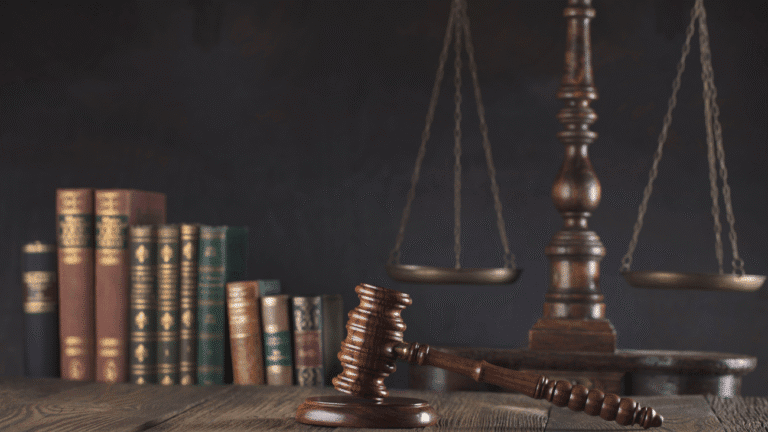Quevedo & Ponce - Noticias Legales
The Constitutional Court guarantees the right to maternity leave even in the event of the newborn's death
- May 8th, 2025
- Quevedo & Ponce
On September 4, 2018, a woman gave birth via cesarean section and was granted maternity leave until November 26. Following the death of her child on September 16, officials from the Judiciary Council requested that she justify her absence with a leave for domestic calamity, even though her original medical certificate remained valid. Despite her insistence that she had the right to maintain her maternity leave under the LOSEP Regulations, she was informed that such right was extinguished by the death of the baby, according to an interpretation of the Organic Law of the Judicial Function. As a result, the National Directorate of Human Talent decided to suspend her leave, prompting the claimant to file a lawsuit for violation of her rights to maternity protection, health, care, and equality, as her need for physical and emotional recovery after childbirth and the loss of her child had not been recognized.
In response, the Court raised the following question:
Did the decision of the Provincial Directorate of Ibarra to refer for consultation the validity of the maternity leave violate the claimant’s right to protection as a woman in a period of maternity?
The Constitution of Ecuador recognizes pregnant, postpartum, or breastfeeding women as a priority group, guaranteeing their health and recovery. Both national and international regulations (CEDAW and the Constitution) establish that the right to health includes not only the absence of illness but also comprehensive well-being, which is especially important for women undergoing postpartum recovery or grieving a neonatal loss. CEDAW also requires that maternity leave be respected without affecting employment or benefits. The Court acknowledged that, although there may be normative ambiguity between the COFJ and the LOSEP Regulation, such consultation does not justify suspending the exercise of a fundamental right.
As a result, the Court determined that the claimant’s rights to priority protection, health, and dignified postpartum recovery were violated, and urged public institutions to refrain from repeating such practices.
At Quevedo & Ponce, we assist companies and workers to ensure compliance with legal provisions and protect labor rights. Contact us for advice on this important precedent and its impact on the labor field.
Más Artículos
Buying a used vehicle in Ecuador: legal steps that cannot be omitted
The purchase of a used vehicle in Ecuador involves compliance with specific legal and administrative requirements within defined deadlines. This legal bulletin outlines the key stages of the process, from the preliminary verification of the vehicle to the registration of the purchase agreement and the transfer of ownership, including the penalties applicable in case of non-compliance.
Regulatory Framework for Non-Profit Organizations: Provisions of the Organic Law on Social Transparency and Its Regulations
An essential guide to understanding the legal framework governing non-profit organizations in Ecuador. This article outlines the obligations, procedures, and requirements established under the Organic Law on Social Transparency and its Regulations, as well as the supervision and control role of the Superintendence of Popular and Solidarity Economy (SEPS).
How to ensure a clear, valid, and proper property transfer
The purchase and sale of real estate in Ecuador is a legal act that requires document verification, compliance of notarial requirements, and registration before the Property Registry. This process demands a review of the property’s legal status and the involvement of a specialized attorney to ensure a valid, secure, and properly executed transfer of ownership.
The National Court of Justice establishes a new binding jurisprudential precedent on employer retirement compensation
The National Court of Justice has issued a new binding jurisprudential precedent that redefines the calculation of employer retirement compensation in Ecuador. Resolution No. 16-2025 specifies which amounts may be deducted from the employee’s individual retirement fund, reinforcing the principle of favorability and legal security in labor matters.
IESS and Enforcement Actions: The Constitutional Court Shields Shareholders and Bans Administrative Travel Restrictions
Constitutional Court Ruling 3364-21-EP/25 protects shareholders from IESS enforcement measures, prohibiting administrative travel bans and personal liability without judicial intervention. The decision strengthens corporate legal certainty and upholds the binding precedent 22-13-IN/20







